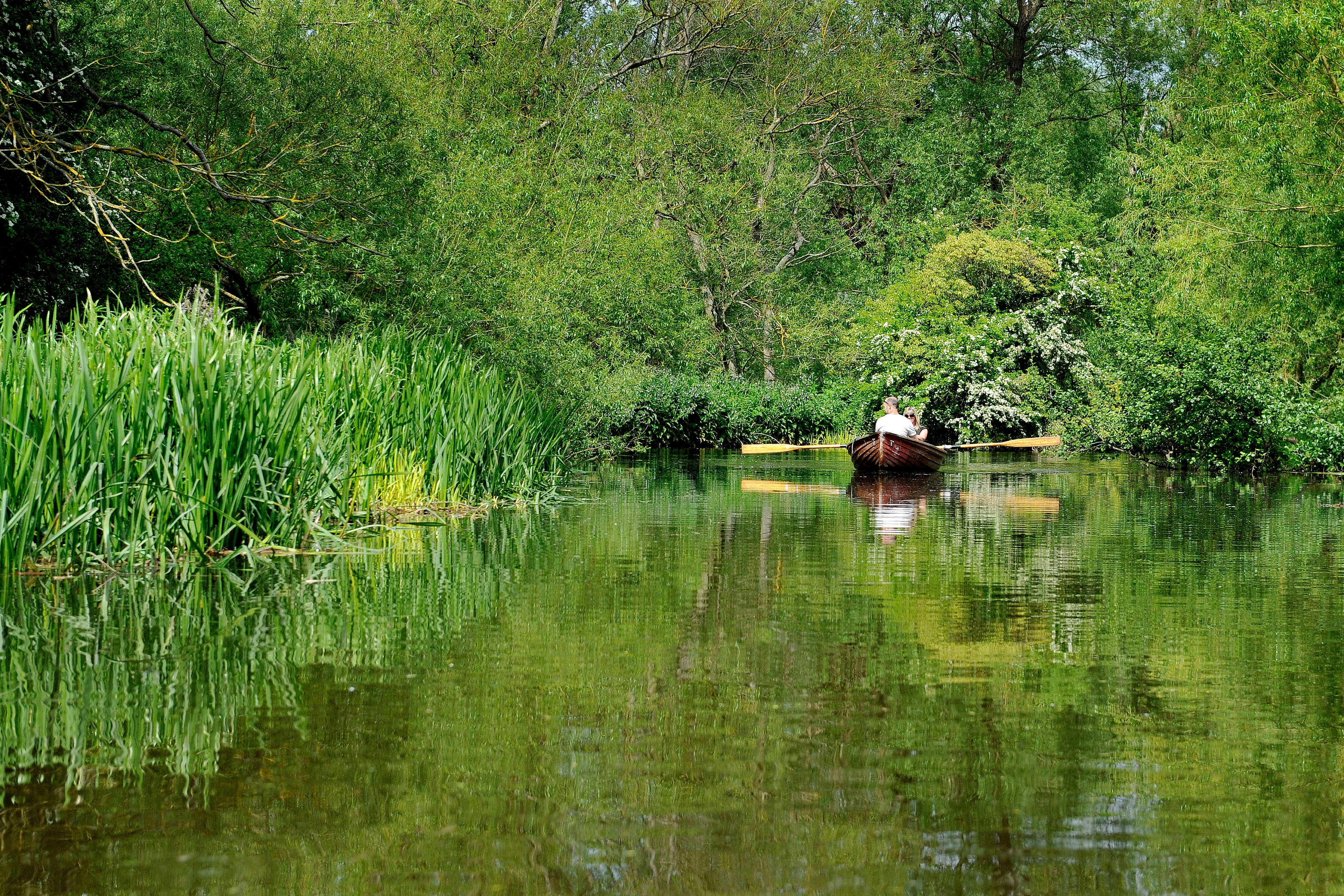Child contracts Weil’s disease after swimming in river
Dedham Parish Council in Essex said the Environment Agency is undertaking monitoring in the River Stour at Dedham.

Your support helps us to tell the story
From reproductive rights to climate change to Big Tech, The Independent is on the ground when the story is developing. Whether it's investigating the financials of Elon Musk's pro-Trump PAC or producing our latest documentary, 'The A Word', which shines a light on the American women fighting for reproductive rights, we know how important it is to parse out the facts from the messaging.
At such a critical moment in US history, we need reporters on the ground. Your donation allows us to keep sending journalists to speak to both sides of the story.
The Independent is trusted by Americans across the entire political spectrum. And unlike many other quality news outlets, we choose not to lock Americans out of our reporting and analysis with paywalls. We believe quality journalism should be available to everyone, paid for by those who can afford it.
Your support makes all the difference.A child contracted the rare infection Weil’s disease after going swimming in a river, a council has said.
Dedham Parish Council in Essex said the local student “suffered a severe infection after swimming in the River Stour at Dedham, and has been very poorly”.
In a letter published on its website, the authority said it was a “confirmed case of Weil’s disease (leptospirosis) which can be very serious”.
The disease is spread in the urine of infected animals, most commonly rats, mice, cows, pigs and dogs.
People can contract Weil’s disease if soil or freshwater, such as water from a river, that contains infected urine gets in their mouth, eyes or a cut.
- High temperature
- Headache
- Body aches and pain
- Stomach ache
- Feeling or being sick
- Diarrhoea
- Redness in the white part of your eyes and yellowing of the skin or white part of the eyes
Most people who get Weil’s disease have no symptoms or mild flu-like symptoms, but some people get seriously ill, according to the NHS.
Symptoms may include high temperature, headache, body aches and pain, stomach ache, feeling or being sick, diarrhoea, redness in the white part of your eyes and yellowing of the skin or white part of the eyes.
People who may have been exposed to infected urine and are displaying symptoms are advised to see a GP.
The River Stour straddles the Suffolk and Essex border and has been painted by the artists John Constable and Thomas Gainsborough.
Dedham Parish Council said the Environment Agency is undertaking monitoring in the river at Dedham.
The Environment Agency said it undertakes routine sampling at several sites along the Stour for “bathing water purposes”, including at Dedham Bridge and Flatford Mill.
It said that its latest samples “do not suggest any water quality issues at these sites”.
It added it was the “responsibility of the local authority to display any required advisory notices against entering waterways due to public health risks”.
The parish council added that local environmental group Pace (Practical Actions for Climate and the Environment) Manningtree is “investigating the impact of untreated sewage released into the river by the sewage works at Dedham”.
The case comes amid growing anger over the polluted state of England’s rivers and coasts.
The council said it wanted to warn, “in addition to the risks of Weil’s disease and pollution”, of several other “serious safety concerns” about a site at the river at Mill Lane.
These include a report that a young boy “gashed his foot open” last weekend, with litter including glass bottles and cans regularly left in the area and posing a hazard.
There are also reports of metalwork underneath a bridge where many children jump from, and where the water can be “dangerously shallow”.
Meanwhile, around 16,000 households and businesses in the Brixham area of Devon have been told not to use their tap water for drinking without boiling and cooling it first due to a number of confirmed cases of a waterborne disease caused by a microscopic parasite.
The UK Health Security Agency (UKHSA) said last week that 46 cases of cryptosporidium had been confirmed and that more cases were anticipated.